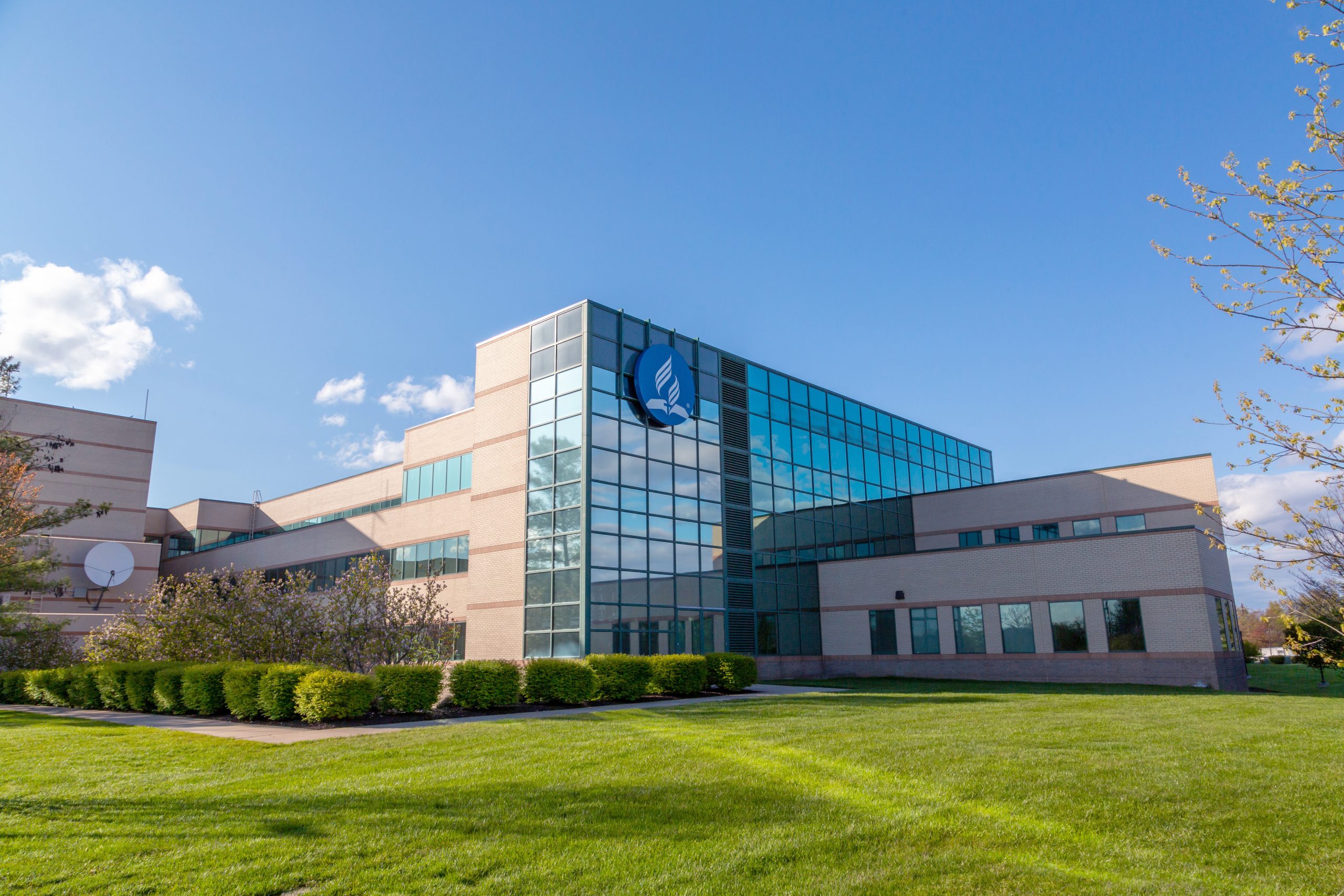Judge denies Adventist Church’s bid to limit hiring rights
A Maryland federal judge last week rejected the Seventh-day Adventist Church’s request for a preliminary injunction that would allow it to hire only church members — and fire people who do not follow church doctrine, such as members of the LGBTQ community.
U.S. District Court Judge Theodore Chuang on June 18 denied the Silver Spring-based church’s injunction request and most of its claims against the Maryland Civil Rights Commission, but allowed some of its First Amendment claims to move forward.
The General Conference of Seventh-day Adventists sued the members and executive director of the Maryland Civil Rights Commission last October in an attempt to stretch the religious exception to the Maryland Fair Employment Practices Act.
That exemption came in 2023, when the Maryland Supreme Court ruled that the law did not apply to employees whose jobs “directly further” their employer’s “core mission.” That meant religious organizations could discriminate against some LGBTQ employees, depending on the position they held. Non-core staff, such as janitors, cannot be subject to the same religious requirements, the court ruled.
The first application of that “core mission” test came in April, when a judge ordered Catholic Relief Services, the Baltimore-based humanitarian organization, to pay $60,000 to a gay ex-employee after it took health coverage away from his husband.
The judge ruled the former employee, who held data analysis and middle-management roles during his roughly eight-year tenure at CRS, did not “directly further” its “core mission,” according to U.S. District Court Judge Julie Rubin. The size of CRS, which employs more than 8,000 people around the world, factored into the ruling, Rubin wrote.
The Adventists argued the “core mission” rule put them in violation of the law, so they sued to block enforcement. They argued that the rule was vague, that courts shouldn’t get to decide which positions contribute to their “core mission,” and that it caused an “excessive entanglement” between church and state.
Chuang wrote that none of their causes of action was likely to succeed on the merits, one of the necessary factors to grant a preliminary injunction.
The church requires employees to be “baptized, tithe-paying member[s] in regular standing of the Seventh-day Adventist Church,” the complaint states. It prohibits alcohol, tobacco, profanity, “remarriage without Biblical grounds,” and “immoral conduct including but not limited to engaging in pornographic activities, child sexual abuse, incest, fornication, adultery and homosexual practices.”
“Plaintiffs believe that all their employees are representatives of the Church and are responsible for sharing the Church’s faith with the world,” the complaint stated.
While Chuang ruled that the church’s claims were unlikely to succeed, he also partially rejected the Civil Rights Commission’s motion to dismiss.
He dismissed four of the seven claims brought by the church, writing that discovery was warranted on the other three. He rejected claims that the fair-hiring rule violates due process, the church’s right to assembly and the Establishment Clause.
He wrote that “Plaintiffs are in good faith seeking an extension of the law” regarding a First Amendment claim on “church autonomy.” On a claim arguing a violation of the free exercise of religion, he wrote “Plaintiffs have a different interpretation of the law on the issue of the applicable level of scrutiny that is not strictly foreclosed by precedent.”
“Ordinarily,” Chuang wrote, “a court should refrain from dismissing outright a claim asserting a novel legal theory that can be better addressed after factual development.”




